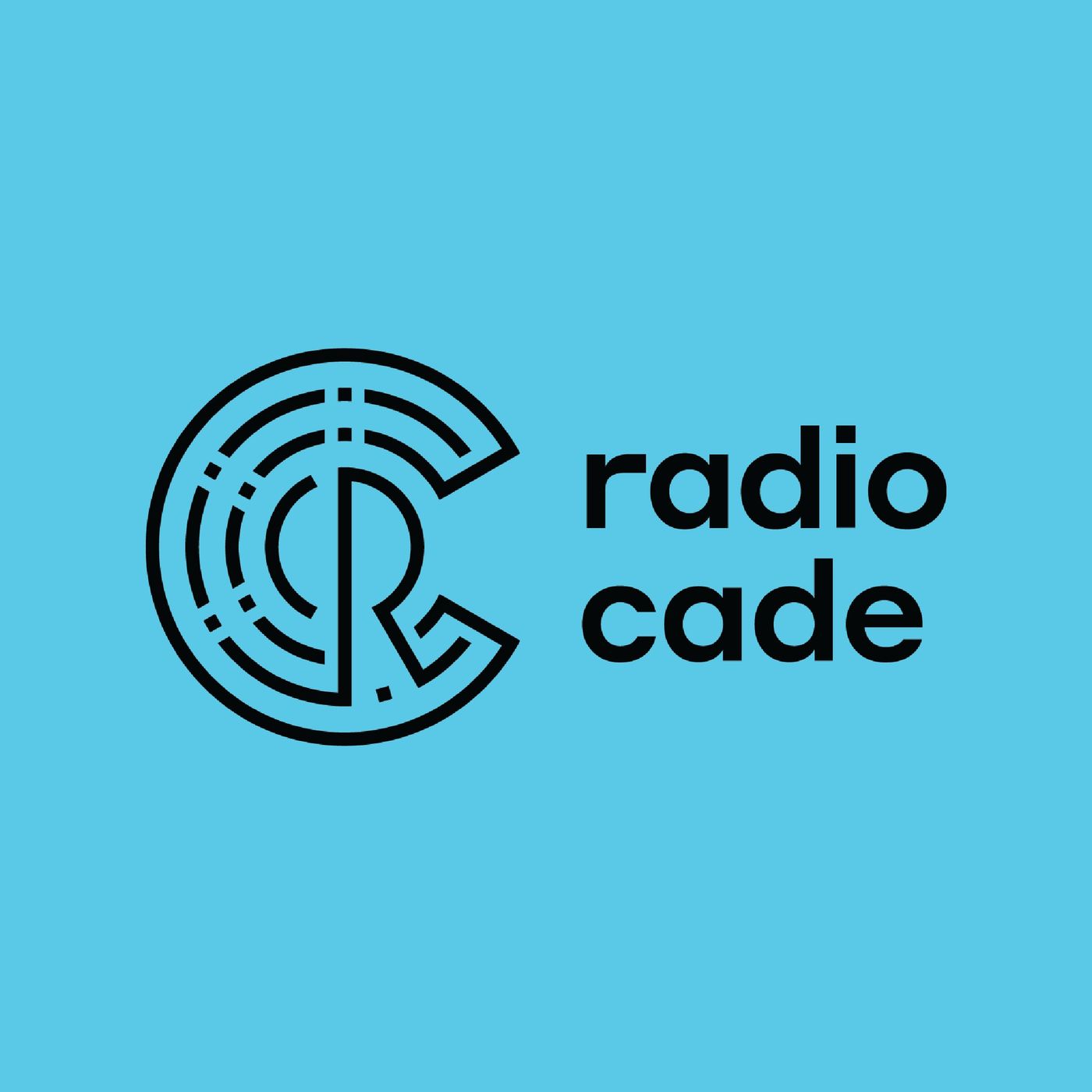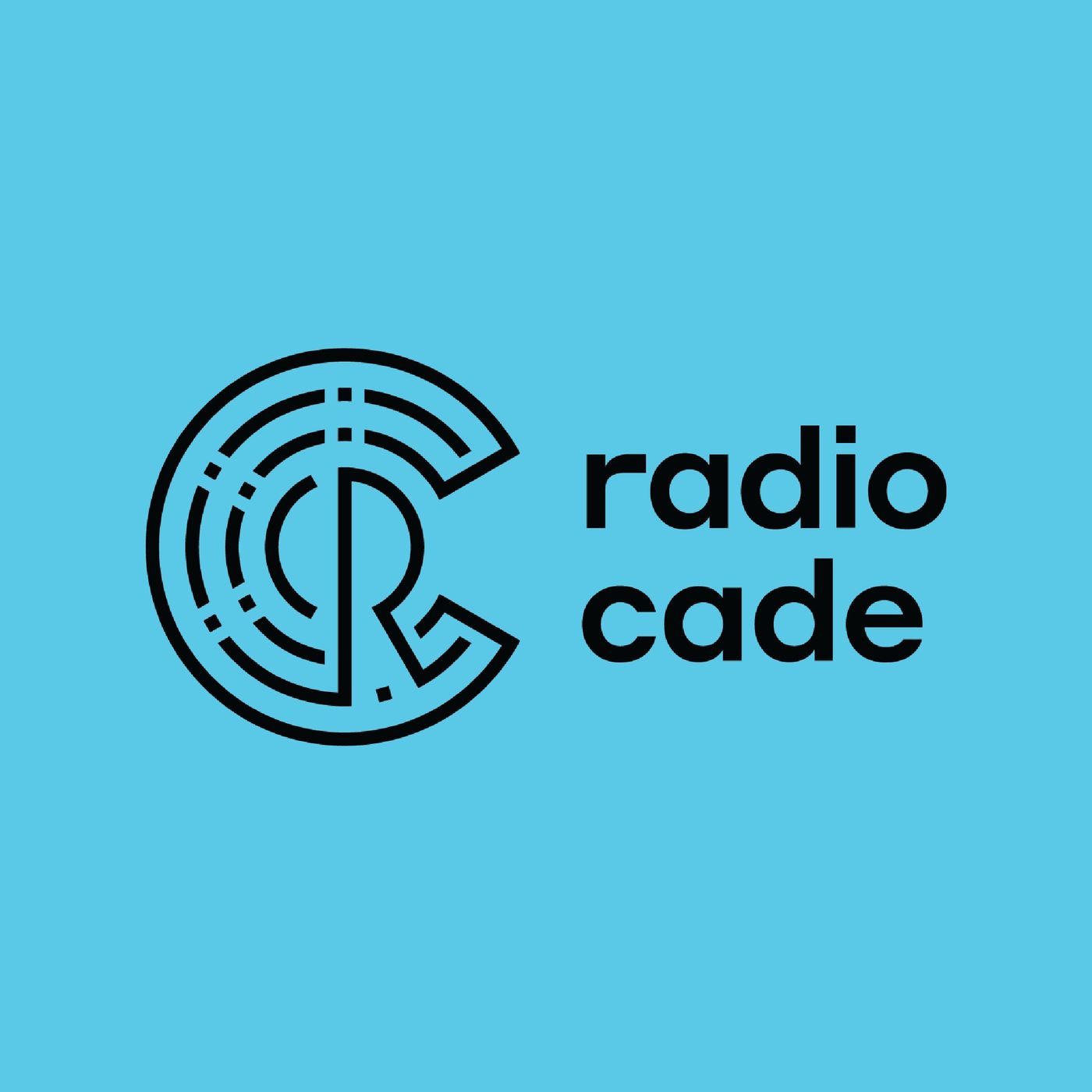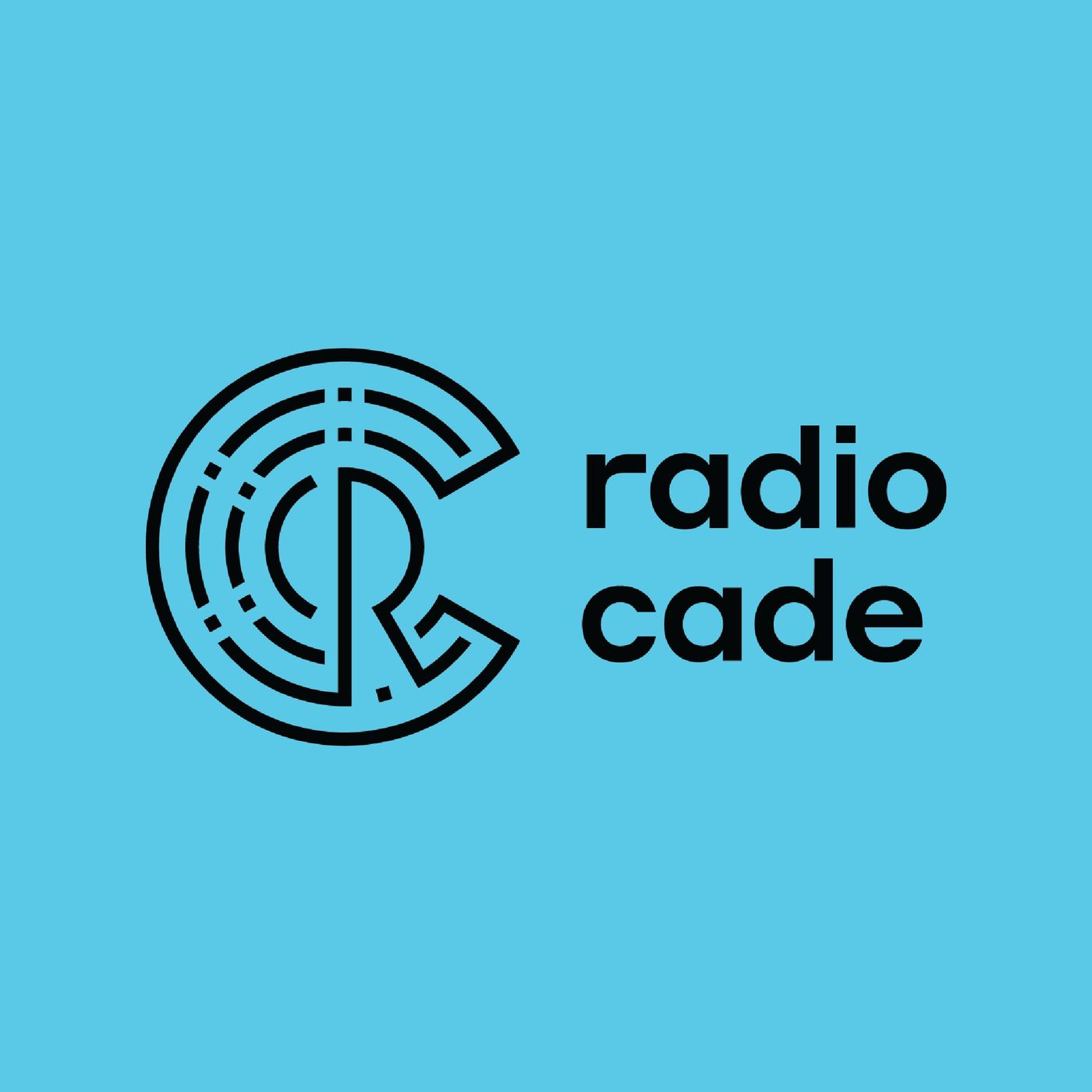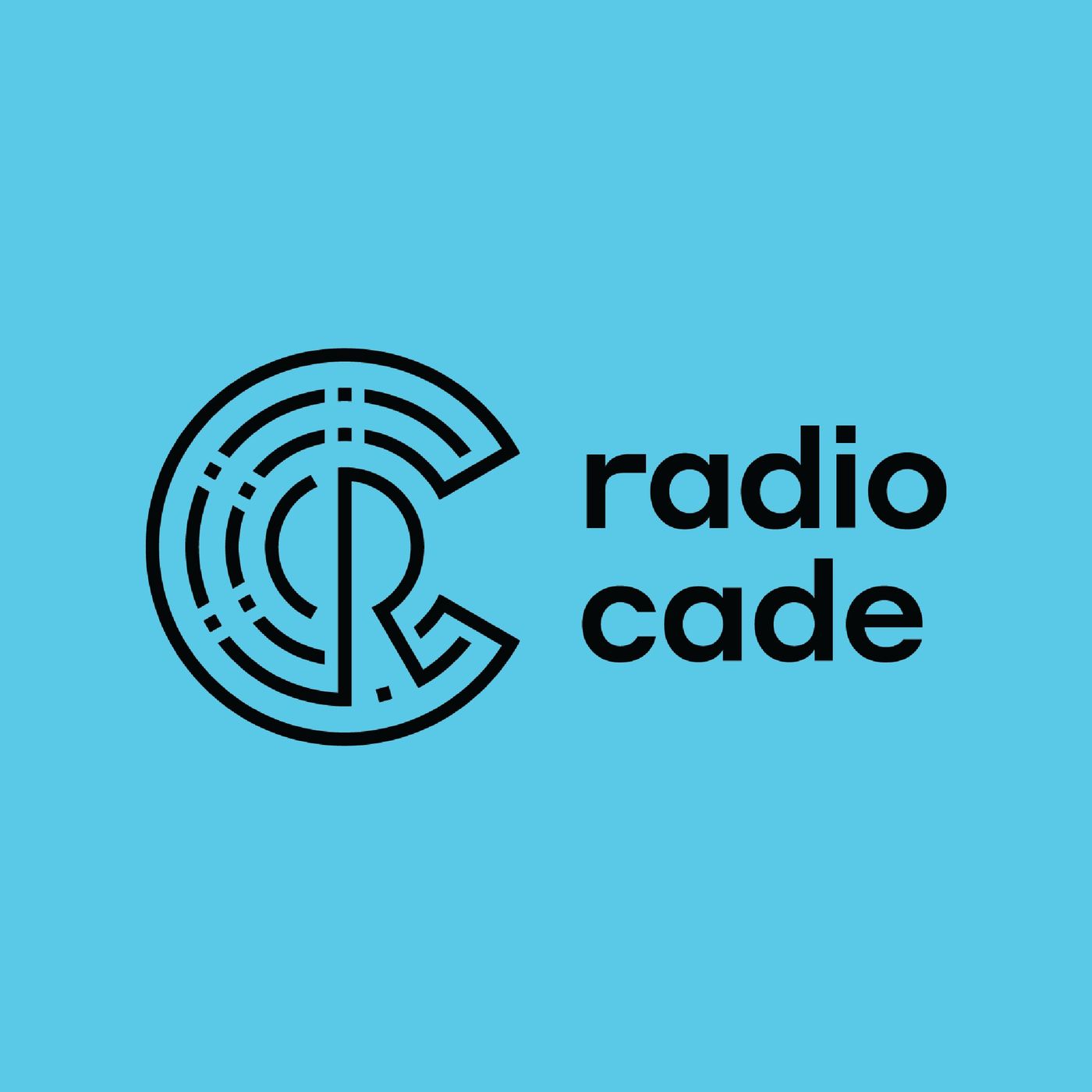Show Notes
Alpha-1 antitrypsin (AAT) deficiency, a genetic disorder, is a common factor in lung diseases like COPD and emphysema. Dr. Mark Brantly’s research examines how AAT interacts with environmental factors that trigger the disorders. His findings are important because many physicians remain unaware of the genetic background of the diseases they treat. Much of Brantly’s work has been funded by University of Florida royalties derived from Gatorade, the brainchild of Robert Cade.
TRANSCRIPT:
Intro: 0:01
Inventors and their inventions. Welcome to Radio Cade a podcast from the Cade Museum for Creativity and Invention in Gainesville, Florida, the museum is named after James Robert Cade, who invented Gatorade in 1965. My name is Richard Miles. We’ll introduce you to inventors and the things that motivate them, we’ll learn about their personal stories, how their inventions work, and how their ideas get from the laboratory to the marketplace.
Richard Miles: 0:38
Orphan diseases. What are they, why should we care? And who is out there trying to cure them? I’m your host, Richard Miles and today we’ll be talking about one such disease with Dr. Mark Brantly, a professor of medicine at the University of Florida College of Medicine. Welcome to Radio Cade, Dr. Brantly.
Dr. Mark Brantly: 0:54
Thank you, Richard.
Richard Miles: 0:55
Okay if I call you Mark?
Dr. Mark Brantly: 0:56
Absolutely.
Richard Miles: 0:57
Good, okay. So your research focuses on a condition called Alpha One Antitrypsin Deficiency. Did I say that correctly?
Dr. Mark Brantly: 1:05
Absolutely.
Richard Miles: 1:05
Okay, good. So what does that mean exactly? Who gets AAT and what is actually going on inside the body?
Dr. Mark Brantly: 1:12
Well, so Alpha Antitrypsin Deficiency is a somewhat rare genetic disorder that is associated with a increased risk of developing chronic obstructive pulmonary disease or pretty bad lung disease, and also liver disease, particularly in children and as well adults, Alpha Antitrypsin Deficiency is relatively common in the Caucasian population. And in about one in hundred individuals have at least one abnormal gene, people that have two copies is about one in 3 000 people. So in the United States, there’s up to one and a hundred thousand individuals that have Alpha Antitrypsin Deficiency.
Richard Miles: 1:48
So this is actually much more common than I thought. I thought this was an extremely rare condition, but it sounds like this is much more common.
Dr. Mark Brantly: 1:55
That’s absolutely correct. And indeed it is the most common genetic cause of chronic obstructive pulmonary disease or emphysema in the United States.
Richard Miles: 2:03
So if I understand correctly though, by itself, is it going to necessarily cause lung cancer having the deficiency will everyone with AAT eventually get lung cancer or are there other factors involved?
Dr. Mark Brantly: 2:14
Right. So they don’t get lung cancer. They actually get destructive lung disease or obstructive lung disease, but you’re absolutely correct. Not everybody develops lung disease from alpha antitrypsin deficiency. And indeed there’s a very strong environmental component. I have patients that come see me that are 80 years old and their biggest complaint is they can’t dance as fast as they used to. However, if you smoke or you’re exposed to environmental toxins, particularly aerosol wise, you can develop rapidly progressive obstructive lung disease and then become extremely short of breath from it.
Richard Miles: 2:47
Is this something that is connected with age at all? Or it’s just something that if you have the deficiency, you’ve got it from birth or do you not develop it until later on?
Dr. Mark Brantly: 2:55
So you have the genes that predispose you, it from the beginning, you were inherited from both your mom and your dad. However, because of the environmental component, it’s not typically seen in children except in the manifestation of the liver disease and indeed Alpha Antitrypsin Deficiency related liver disease in children is the second, most common reason for liver transplants in the United States for the lung disease that typically takes time and exposure to toxins before that develops. And typically when individuals start smoking within 10 years, they have significant lung disease. And unfortunately, people that smoke oftentimes shorten their life by up to 20 to 30 years.
Richard Miles: 3:37
Before you started doing research on Alpha One Antitrypsin Deficiency, was anyone else studying this or did you already kind of know what you’re looking for? Or how did you arrive at this?
Dr. Mark Brantly: 3:48
I had the good fortune of studying genetics when I was in college with an incredible person, Margaret Menzel at Florida State University, who really got me interested in genetic diseases in general and genes in particular. And when I was on house officer in , in, during my training, I came across a patient that was aged 35 that had devastating emphysema. And as it turns out that patient had Alpha One Antitrypsin Deficiency, I was absolutely fascinated by this genetic disease at that point, and really decided almost at that point that I wanted to make that focus of my research career.
Richard Miles: 4:23
For folks who are not medical researchers, including me funding is always a tough issue, right? I mean, if you’re a researcher, you could have a great idea, but you’ve got to get that approved and funded, right. Wanting to pay your own salary. And then presumably a team that’s going to help you in lab time and all that. Tell us about the funding process. How does that even start? If you’ve got something you want to study.
Dr. Mark Brantly: 4:43
The funding process is tricky. Particularly oftentimes ideas, new ideas are not particularly exciting to reviewers in the such . And so you have to convince them. And those reviewers also hold the strings to the purses . As far as grant funding. From that standpoint, I think most investigators start with very small grants, particularly foundations in the such to pedal ideas that they have and then get small amounts of money. They use that small amounts of money to then build upon the work they have and basically the go to larger and larger grants that are available, particularly the top grants, which are federal grants or an NIH grants for biomedical research from that standpoint. So it’s rare for people to start their career and get grants straight away. And oftentimes people will partner with established investigators that say, listen, I have a good idea. Can you help me develop this? And that really is the key component of mentorship and developing scientists as well, because oftentimes when you work with somebody that believes in you and help support you, you can get to that stage of actually getting your own independent funding.
Richard Miles: 5:51
So there’s actually a kind of a cool connection with Gatorade with the AAT research, right? And that some of the funds were provided by a fund that the college of medicine has funded by Gatorade royalties . Can you tell us something about that process?
Dr. Mark Brantly: 6:05
I mean, you know, Gatorade affect me from the very beginning. I spent 16 years at the national institutes of health in Bethesda, Maryland doing research on Alpha One. And then basically the University of Florida recruited me to come here and the money to actually help me start my research program here was provided by Gatorade funds. And I was incredibly grateful to have those funds and it was allowed to basically transfer my work, which was funded by the NIH when I was there to basically start building up my grant portfolio to do this research. If I hadn’t had Gatorade, I’m not sure that I’d be here today.
Richard Miles: 6:40
We love to hear that the at the Cade Museum you have since moved on or you’ve added on, I guess, other research topics to your portfolio and in one of those sounds like it has a, or does have a commercial potential. Tell us about that new research. And then we’ll talk a little bit about kind of your path to market.
Dr. Mark Brantly: 6:57
Sure. So one of the huge issues about Alpha One Antitrypsin Deficiency, is that unfortunately patients are typically not diagnosed. If you could imagine an iceberg, the people have been diagnosed as just the tip, whereas the undiagnosis this huge group of people that have not been identified, there are a number of reasons why that occurs. One is that the vast majority of physicians out there have never been trained in genetic medicine. Therefore they don’t think about genetic diseases being part of the patients that they see. The other thing is there hasn’t been great diagnostic testing to identify individuals with Alpha One Antitrypsin Deficiency. And indeed in several studies up to seven physicians a re required for the diagnosis of Alpha One Antitrypsin Deficiency and so patients going from one physician to the other, and then finally the diagnosis is made. So to increase the possibility of b eing diagnosed, we’ve done a number of different things, pu t a p articularly partnering with the Alpha One foundation, which is a patient organization that has been very supportive of my career as well, developing educational materials for both patients and doctors has been very, very helpful. And then my laboratory developed an easy to use blood collection system in which we can do the diagnosis off the small drops of blood in the office. The patient comes in the doctor, pricks his finger and sent it to the laboratory.
Richard Miles: 8:20
And with that, you’d be able to make a diagnosis.
Dr. Mark Brantly: 8:23
Yeah, so the technology that allows us to do this is basically predominantly DNA based. These are mutations in the gene and are located on the chromosome 14, which is one of the major chromosomes in our gene makeup, we basically construct segments of DNA that replicate either the mutation or normal. And we then basically take a punter and they extract the blood from those filter papers t hen on that card and then isolate the DNA from that and then use those genetic sequences basically probe for the abnormal mutations.
Richard Miles: 8:59
So it sounds relatively simple, but as you know, is that a class one medical device by FDA standards or what category does that fit in? But regardless, I imagine a tough process to get FDA approval.
Dr. Mark Brantly: 9:10
Absolutely. And not only does it require FDA approval, but it also requires state licensing as well because we test all over the United States and several States have their own licensing programs. We basically have to get licensed in all 50 States in the United States. So there are many steps in proving that this assay is safe and effective to use on patients that involves validation of the technology. And there’s this relatively complex process to do that devising standard operating procedures so that everything is done officially. And according to the rules that each of the States and also the clinical laboratory enforcement act follow, then gearing up and being able to do many tests simultaneously.
Richard Miles: 9:55
So that’s lots and lots of hurdles to clear, which it sounds like you’ve already done next . You , you do have a company it’s already producing these tasks, selling them, and you’ve diagnosed a lot of patients worldwide. And this is a story we’ve heard often on Radio Cade in which someone who starts or is in the academic field, develops an idea, takes it to market forms, a small company. And it’s a challenge, right? Because you’re in a different world, all of a sudden then the world of academia, what has been your experience with that? The highs and lows of taking this research that you’ve spent the majority of your career on. And now moving that into the market.
Dr. Mark Brantly: 10:28
I have to say that the technology was easy compared to that step . In a lot of ways, I was not trained as a businessman and understanding all the stock market and equity buyers and investors, and that kind of stuff was totally new to me from this. And I had to have a crash course in it. And there were a number of hard knocks associated with it as well, including working with people that perhaps was more interested in the money than the patient aspect, which of course, as a physician, I’m most focused on from that standpoint, making it easy to use test , to help people from that standpoint. But there are market realities and we have to deal with those and also constructing the company and buying the land and building the laboratory were really tricky things to do. Fortunately, I had a partner to help me with some of the business aspects, but both of us were just from academia. And so we learned on the fly, how to do this,
Richard Miles: 11:19
Are you and the partner CEO’s are sorta co-running this, or do you have a business person as a CEO now? And you’re just so you can go back to research.
Dr. Mark Brantly: 11:28
So right now I am the medical director of the program and, and responsible for basically all the testing programs. My partner helps with the business aspects of it. But since we’ve expanded quite a bit, we’re actually hiring a business manager soon to help us to do the job better from that standpoint.
Richard Miles: 11:44
And you said you’re doing production, the tests already out in Alachua, near Gainesville?
Dr. Mark Brantly: 11:49
Yeah, so we , um, just outside of Progress Park, we renovated a building that was actually an old printing shop and made it into a laboratory. And it has about 8,000 square feet. We have 12 employees and it’s really been a lot of fun, but challenging to make things work from that standpoint and particularly this concept of service and having clients and that kind of stuff is pretty new to an academic researcher in a lot of ways.
Richard Miles: 12:13
And your customers are who? Are hospitals or individual physicians ?
Dr. Mark Brantly: 12:17
Our customers are, we have a pharmaceutical company, which basically distributes our test kits and our customers are both the pharmaceutical company and the physicians that send in the test to us from that standpoint.
Richard Miles: 12:30
Mark , let’s switch up here and talk about you, your personal background and let’s move pre academic career. Where were you born? Were you raised, what did your parents do for living and , and sort of when did that moment hit that you said, I know I want to be a research scientist if ever.
Dr. Mark Brantly: 12:46
I think back a long time. So I was born in Orlando. I’m a Florida boy. My father was in the air force. We moved around every three years, pretty much all through high school. From that standpoint, my father was an air force officer. Eventually he worked his way up from being an airman and basically went into college on the GI bill. This is my third time back to Gainesville.
Richard Miles: 13:07
Really?
Dr. Mark Brantly: 13:08
My father came here,
Richard Miles: 13:09
You keep trying to escape.
Dr. Mark Brantly: 13:10
Yeah, it’s exactly right. It has a draw to it, my father taught ROTC and in fact, taught Steve Spurrier during those times back in the sixties and the Vietnam era, we moved away and then came back again. I came back from medical school in the early 1970s, and then I returned again about 21 years ago when I was recruited out of the NIH by the University of Florida to start a big research program.
Richard Miles: 13:37
I remember in your bio, did you go to Westwood Middle School?
Dr. Mark Brantly: 13:41
I did.
Richard Miles: 13:42
So same here. Okay. Mini reunion. I don’t think I’ve ever met somebody who went to Westwood Middle School, even in Gainesville. So.
Dr. Mark Brantly: 13:50
And indeed I went to GHS and Tom petty was a senior when I was a freshman, so,
Richard Miles: 13:55
So truly clearly distinguished cohort.
Dr. Mark Brantly: 13:58
Right, right. Truly. I have Gainesville in my blood. And actually when we moved from Washington D.C. to here to raise our children, it was just a wonderful environment to raise children in.
Richard Miles: 14:08
And it must have been nice being back in a place that you had roots or at least memories of it .
Dr. Mark Brantly: 14:12
Yeah, absolutely. Gainesville is a wonderful town in many different ways. I’d had changed a whole lot and over the years from that standpoint, but it remains a wonderful place to live. And I think that the small town thing is actually a really good thing.
Richard Miles: 14:26
And growing up as a student, were you always a good student?
Dr. Mark Brantly: 14:30
Absolutely not.
Richard Miles: 14:31
You weren’t? Okay. And why not? How bad a student were you Mark?
Dr. Mark Brantly: 14:35
Well, I mean, I think in high school I was a C and B student. When I got to college, I wasn’t really even prepared. I, it really got a couple of D’s when I was a freshman . And then all of a sudden I sort of figured it out. Part of it had to do with a couple different things. One is that as a f reshmen, I got into the wrong orientation group. I wanted to be an adventure, a Marine biologist, but I got into this orientation group pre-medical and I had this remarkable individual, a guy named Bud B eringer who’s passed away since then. I t said how wonderful it is to be a physician and a healer. And I said, Oh my gosh, I love this idea. I think this puts things together for me. And so I started working harder and actually started getting lots of good grades and applied for medical school.
Richard Miles: 15:21
And this is your first year of college?
Dr. Mark Brantly: 15:24
Yeah . Yeah. So it was my first year of college, but I wasn’t very, very well prepared again because I hadn’t been working very hard.
Richard Miles: 15:30
So I take it like in high school, you didn’t either like, or do particularly well in biology or chemistry or any of that.
Dr. Mark Brantly: 15:36
Absolutely not. Absolutely not. It interesting though . And I have to say, in retrospect, I realized that I always loved science. I was a camera assistant and a dissection kit kid, and I was always out looking at the moon and stars and that kind of stuff. And I really had to absorb my love of science to really start to integrate that with my idea of being a physician as well. And I think by the time I arrived in medical school, I was blessed with some incredible mentors, including Bob Cade , Waldo Fisher , and others who basically clearly love science, but also love taking care of patients. And I think with those great examples, I began my idea of being a physician scientist began to bud.
Richard Miles: 16:20
Right. So it sounds like as soon as you kind of recognized or appreciated , I guess the healing aspect right? Of the science. So it’s not just sort of science for science’s sake, you’re actually helping people and doing all this hard work in the lab.
Dr. Mark Brantly: 16:33
That’s absolutely right. That was the thing that clicked for me in a lot of ways. And it made my love of science and connecting it with healing, very important aspect of my life and something I really want to pursue.
Richard Miles: 16:45
I imagine you are probably asked to speak from time to time to maybe kids or youth groups or in some sort of mentorship capacity. If you had that, if you haven’t had that opportunity and you did, what would you say to say a group of ninth graders or even 12th graders? That haven’t figured out what they want to do in life. Would you make a pitch for going straight into medicine for instance, or what would your advice to those sort of people?
Dr. Mark Brantly: 17:10
I think the past can be many fold. I think that advice to young people, as I give to my children is that number one, to be successful, you have to marry two things, your passion and your skill as you grow, you will become good at certain things. And it’s great to marry that passion for those things, with your plan for your career. From that standpoint, the other thing is I’ve met many smart people in my lifetime. I’ve met Nobel prize winners. I’ve met many people that were so bright, but those people weren’t successful because they were bright. They were successful because they worked really hard. They didn’t give up, they kept trying, they had faith in themselves. And most importantly, they had good mentors that supported them. And those mentors come in all shapes, sizes and colors. So we have to look for the right mentor when you find those people listen to them carefully.
Richard Miles: 18:04
That’s great advice. It reminds me a little bit of the business book. Good to great. I think Jim Collins and he has this Venn diagram and it’s like, one circle is the stuff you’re passionate or enthusiastic about a nd o ther circle is stuff you’re good at. And then the third circle is the stuff that people w ill actually pay you for. So where a re those three intersect? That’s where you should logically put your career, w here the other things could support hobbies or things like that. But yeah, it’s particularly good to be good at the things you’re enthusiastic about. Otherwise you might not find an employer out there. Y eah.
Dr. Mark Brantly: 18:35
Creative people oftentimes have many different pursuits.
Richard Miles: 18:38
That’s a very good observation. You knew Bob Cade and you probably knew that he was a musician and he liked growing roses and collecting cars and everything. Do you have any artistic or off-beat hobbies outside of science?
Dr. Mark Brantly: 18:49
I have to say that my hobbies are mostly outdoors. I love hiking and climbing mountains and swimming and being at the beach and the such. And I also like reading and I like writing a lot as well.
Richard Miles: 19:04
So Mark , thank you very much for being on Radio Cade. Uh , it’s fascinating hearing your continuing journey best of luck with your company. It sounds like it’s poised for success. And we look forward to having you back on the show. Thank you very much. I’m Richard Miles
Outro: 19:20
Radio Cade would like to thank the following people for their help and support Liz Gist of the Cade Museum for coordinating and vendor interviews. Bob McPeak of Heartwood Soundstage in downtown Gainesville, Florida for recording, editing and production of the podcasts and music theme. Tracy Collins for the composition and performance of the Radio Cade theme song featuring violinist, Jacob Lawson and special thanks to the Cade Museum for Creativity and Invention located in Gainesville, Florida.



